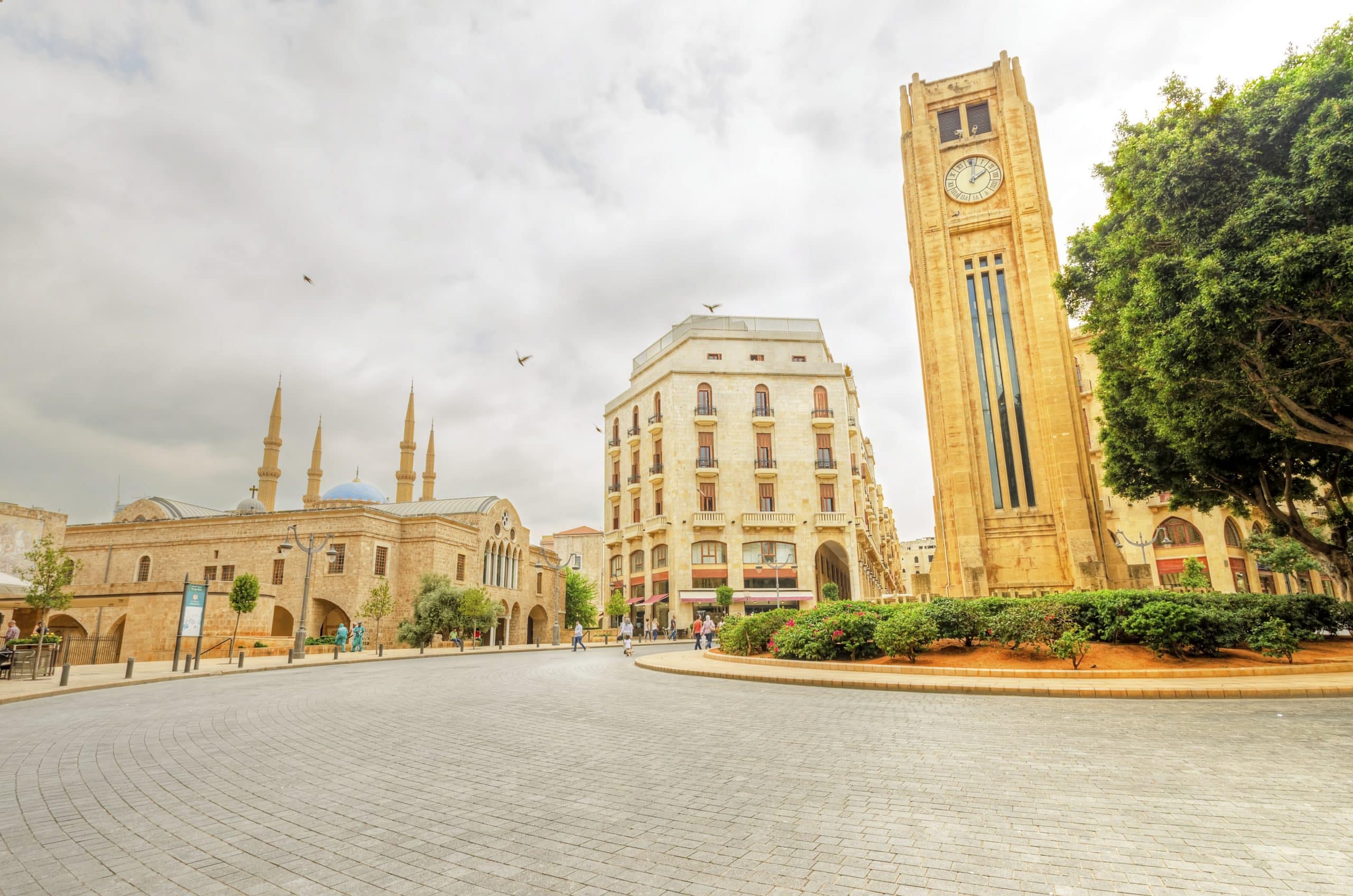On Sunday 6th of May, parliamentary elections were held in Lebanon. Biggest winners are the ‘Hezbollah Bloc’ (Hezbollah and Amal movement plus smaller parties) and the Lebanese Forces, being the main Christian opponent of Hezbollah. The Future Movement of PM Hariri lost one third of its seats, but Hariri will most likely be appointed to form a government comprising of all major political parties. The Progressive Socialist Party, this time headed by Taymour Jumblatt, went down from 11 to 9 seats. Since the Free Patriotic Movement is a political ally of Hezbollah, this ‘strategic alliance’ now has more than half of the seats in parliament.
After a political impasse that lasted for several years due to internal and external strife, a large overhaul of the electoral system led in summer 2017 to the prospect of elections. The new electoral law redrew the country into 15 electoral districts, further entrenching Lebanon’s sectarian makeup, and introduced proportional representation. Voters casted two votes, one for a list of candidates and one for a single preferred candidate.
Results
Although it was the first vote in 9 nine years, electoral enthusiasm lacked. Only 49% of the electorate (3.8 million registered voters) went to the polls (compared to 54% in 2009). Many analysts cite the lack of trust in the government to tackle corruption and to boost the economy as the reasons for the low voter turnout. The Shiite coalition of Hezbollah-Amal reaped the benefits of the newly implemented electoral law by increasing their parliamentary bloc to 29 MPs, while the Lebanese Forces (LF) pulled off an upset after securing 14 seats. Prime Minister Saad Hariri’s Future Movement saw his bloc almost split in half after getting only 21 seats, in contrast to the Free Patriotic Movement (FPM) and their allies who bolstered their position after electing 28 representatives. The Kataeb party, secured a mere three seats, the Progressive Socialist Party led by Taymour Jumblatt (succeeding his father Walid Jumblatt) captured nine, while former Prime Minister Najib Mikati secured another four (AZM).
With the Iran-backed Shi’ite group Hezbollah and its political allies winning more than half the seats it will boost Hezbollah’s influence in the country, potentially getting veto power. Western-backed PM Hariri’s emergence as the Sunni Muslim leader with the biggest bloc in parliament makes him the frontrunner to form the next government even though he lost seats in his strongholds (mainly Beirut). The ‘consensus’ confessional system underlying Lebanese politics reserves the post of prime minister for a Sunni, the presidency for a Christian and the office of parliamentary speaker for a Shiite – meaning Hariri, as leader of the largest Sunni group, is set to continue as PM. The new government, like the outgoing one, is expected to include all the main parties. Talks over cabinet posts are expected to take considerable time.
Campaign
Economic and social renewal and reform were key themes during the campaign. The Lebanese economy has been sluggish since the Syrian civil war and the influx of 1.5 million refugees. In addition, the country has a low investment rate because of its enormous national debt.
Saad Hariri’s Future Movement and his bloc mainly focused on a message of renewal towards the younger generation. Even launching an app to communicate directly with the youth. The Hezbollah led bloc focused on traditional voters with an anti-establishment message. “The resistance and arms require political defense, which is why we need your votes,” Hezbollah leader Nasrallah told his supporters. “The United States, Israel and Saudi Arabia are refusing to acknowledge the failure of their plans in Syria, Iraq and Lebanon, and the Saudi crown prince is willing to invest billions in a war against the resistance.” The more militant tone of Hezbollah reflexed the harsh tone that was hit during the campaign.
Women’s rights were an important issue these elections. A record number of women (86 out of 583 candidates) participated in the election. Nonetheless there were some conservative lists not allowing women. In one instance women resorted to creating an all-women’s list out of anger that no local group “takes the issue of female candidacy seriously”. This election was also the first time in Lebanese history that electoral candidates promoted gay rights. Nearly 100 candidates publicly called for the decriminalization of homosexuality.
Observer mission
In the run-up and during the elections the NDI, the National Democratic Institute, deployed an international observation mission. In its preliminary statement NDI’s notes that, although inconsistencies were reported, voting was generally peaceful, orderly and well-organized as executed by polling officials and security forces who did their jobs with admirable professionalism, compassion and pride. The report highlights the violations within polling stations, as “booths were sometimes positioned in a way that did not guarantee voter privacy, while in other instances voters revealed their choices voluntarily or had party agents, election or security officials checking their ballots.” It also signalled out polling staff’s discrepancies, underlining that “some polling officials failed to ensure the safety of election materials during the count,” as well as maintaining that “vote buying was widely reported.” Lebanon’s Association For Democratic Elections (LADE) also recorded over 3000 violations from the moment the polls opened until the votes began to be tallied.
Photo credits: Daily Star Lebanon / Benjamin Redd

